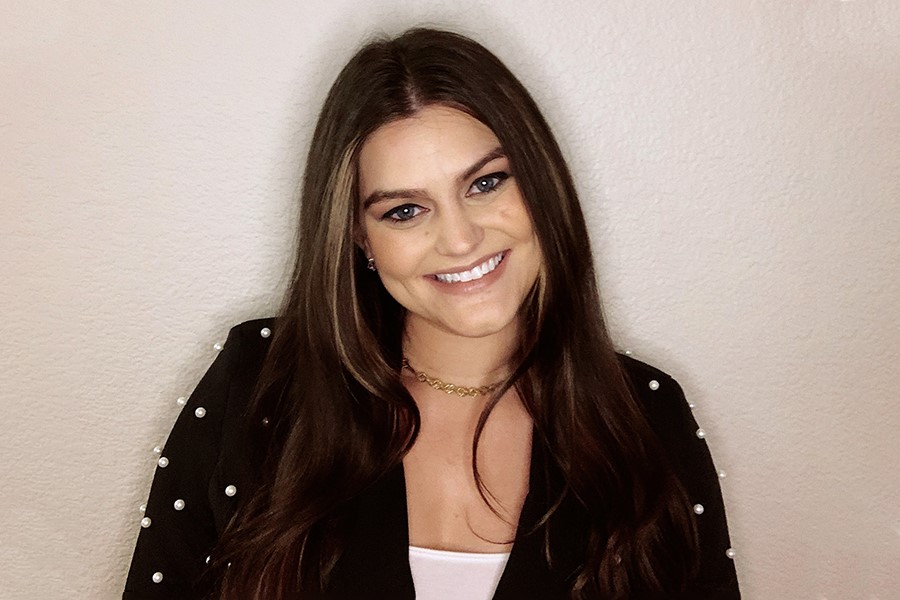

Emily Stead wasn’t far into her financial planning career when she realized most of the clients and prospects she was meeting with would have been much better off if they had come to someone like her decades earlier.
“I was working with a lot of pre-retirees because those are the type of people who are commonly looking for an advisor,” Stead said. “I found a lot of people I was working with really hadn’t properly prepared and didn’t get in touch with an advisor early enough to have the retirement lifestyle they wanted.”
The light bulb went off, and a niche was born.

Stead, 29, is the founder of Phoenix, Arizona-based By Method Financial Collective, which is part of Cetera Investors.
Her target niche, which she's been developing for the past four years, is younger investors, specifically people fitting into the millennial and Generation X categories.
With the age of those two generations ranging from 27 to 58, Stead acknowledges the older end could be considered pre-retirement, but she said most of her clients are on the younger end of the spectrum.
“My age played a part in why I chose this niche, because I was looking at it more as something on a peer level with me,” said Stead, who is among the 24% of certified financial planners who are women and among the 5.5% who are under the age of 30.
Stead can relate to her clients because she knows firsthand about their unique challenges.
“Millennials and Gen X are dealing with a completely different financial landscape and modern problems,” she said. “They have substantially more debt than prior generations, and more expenses, while still trying to accumulate wealth. Also, there’s substantially more information available to them and much of it is bad information.”
As Stead sees it, her target demographic is ripe for tailored financial planning, and she describes their biggest issue as “not being sure where to start.”
“These generations change jobs more often while navigating life events that are coming at them rapidly, such as buying a home, getting married, having kids and combining finances,” she said.
Part of tailoring her services includes adopting multiple fee models to fit a variety of situations, ranging from asset-based fees to flat fees, hourly fees and subscription services.
“I like to be able to offer different structures depending on what the client is looking for,” she said. “Some clients are dealing with a lot of debt, and those people typically want something shorter term and more frequent meetings. But I’ll also charge flat fees for people who just want a plan.”
Citing the concept that it takes at least 10,000 hours of practice to become successful at anything, Stead said developing a niche was her way making sure she was developing her skills in the most productive way.
“The more you work in your niche, the better you become at that niche,” she said. “When I was spreading myself across many different clients, I felt like that clock resets with every different client on those 10,000 hours.”
In terms of marketing and promoting her niche, Stead travels the usual paths of social media and centers of influence, but nothing is taken lightly.
“In this field where you are working with so many different kinds of people every day, it’s important to have a specialty and being that guy that people know to turn to,” she said. “I want to become the first person someone thinks of when they think of that challenge, like a 30-year-old kid who just got his first job and doesn’t know what they’re doing.”

Integrated Partners is adding a mother-son tandem to its network in Missouri as Kestra onboards a father-son advisor duo from UBS.

Futures indicate stocks will build on Tuesday's rally.

Cost of living still tops concerns about negative impacts on personal finances

Financial advisors remain vital allies even as DIY investing grows

A trade deal would mean significant cut in tariffs but 'it wont be zero'.
RIAs face rising regulatory pressure in 2025. Forward-looking firms are responding with embedded technology, not more paperwork.
As inheritances are set to reshape client portfolios and next-gen heirs demand digital-first experiences, firms are retooling their wealth tech stacks and succession models in real time.
